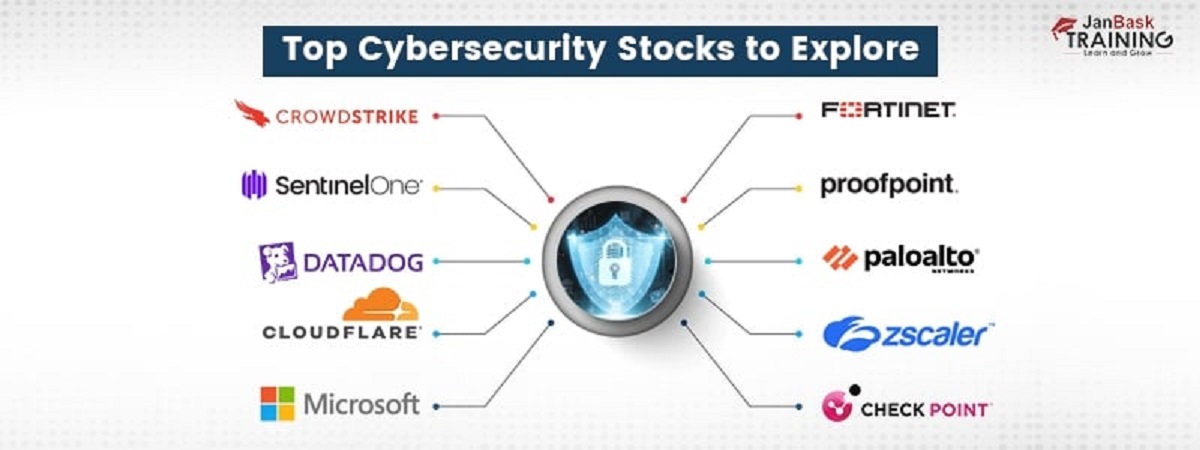Introduction
In a recent interview with author and critic Malcolm Harris, TechCrunch delved into the expansive themes of his latest book, “Palo Alto: A History of California, Capitalism, and the World.” With a distinctive writing style that challenges conventional beliefs about capitalism and American exceptionalism, Harris provides a fresh perspective on the history of California and its relationship with capitalism. The interview highlights key aspects of the book, including the influence of wealth in Silicon Valley, the absence of labor unions in the tech industry, the cult of personality surrounding tech entrepreneurs, and the limitations of philanthropy in addressing societal issues.
The Complex History of California and Capitalism
Harris’s book traces the history of California from its brutal beginnings with the genocide of indigenous people to its current status as a hub of capital accumulation. The author presents a materialist understanding of Northern California history, shining a light on the ancient burial grounds of the Muwekma Ohlone that now coexist with one of the highest concentrations of capital in history. Through this lens, Harris offers a critical examination of capitalism and its enduring influence in the state.
The Tech Industry and Silicon Valley
Growing up in Palo Alto, Harris shares his observations of the tech industry in the 90s. Despite residing in a town that served as a bedroom community for Silicon Valley, Harris admits that he did not fully grasp the extent of the tech industry’s influence during his youth. While the tech boom brought wealth to certain individuals, the source of that wealth was often ambiguous. The author reflects on his father’s career as an IP lawyer connected to the tech industry, highlighting the disconnect he felt between the world of tech and his own interests in politics.
The Rise of Tech Oligarchs and Autodidact Polymaths
Harris raises valid critiques of prominent figures in the tech industry, such as Elon Musk and Mark Zuckerberg. He questions their expertise and the cult of personality that surrounds them. The author argues that the inflated wealth of individuals like Musk has eliminated the drama and risk of failure that typically accompanies entrepreneurial ventures. Furthermore, he suggests that the willingness of tech entrepreneurs to take risks is often valued over sound investment strategies, leading to hype cycles and potential market instability.
The Challenges of Representation and Reform
Harris addresses the problem of representation in the tech industry, noting the underrepresentation of women and minority founders. Despite efforts to rectify this disparity, the author expresses doubt that personnel changes alone can reform a system inherently based on labor exploitation. He argues that the racial and sexual division of labor is foundational to the tech industry and cannot be easily rectified without systemic change.
Philanthropy and the Tech Industry
Harris critiques the philanthropic efforts of tech billionaires, questioning the efficacy and true intentions behind their actions. While they claim to be solving problems efficiently through their foundations, the author challenges the impact of their philanthropy, suggesting that they prioritize their own visions of progress over the needs of the communities they aim to serve. He highlights missed opportunities, such as the lack of support for initiatives like the Internet Archive, which could greatly improve access to books.
Key Takeaway
Through his book and in this interview, Malcolm Harris offers a critical examination of California’s history and its relationship with capitalism. By questioning the influence of tech entrepreneurs, the absence of unionization in the industry, and the limitations of philanthropy, Harris sparks important conversations about the role of power and wealth in shaping society.
Overall, Harris challenges existing notions and prompts readers to reevaluate their assumptions about the tech industry and capitalism as a whole. Through his thought-provoking analysis, he encourages us to critically examine the societal impact of technology and the concentration of wealth in California. As we move forward, it is crucial to consider the consequences of unchecked power and actively seek ways to address systemic inequalities.

























